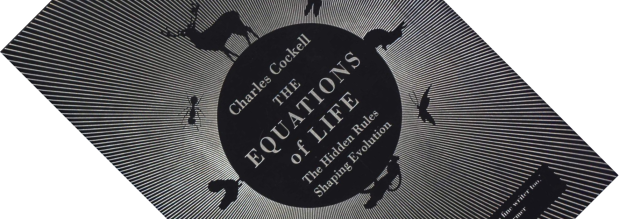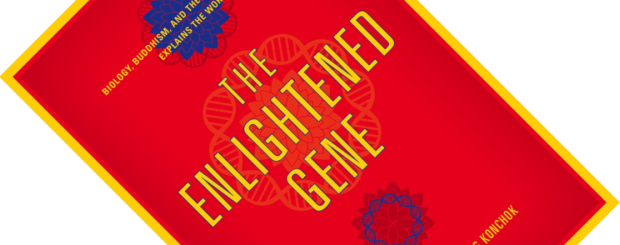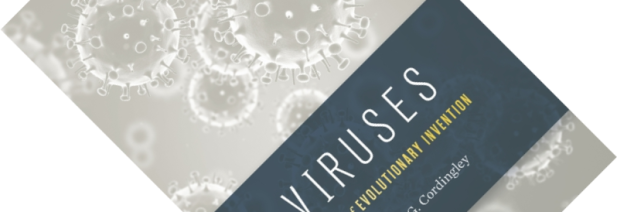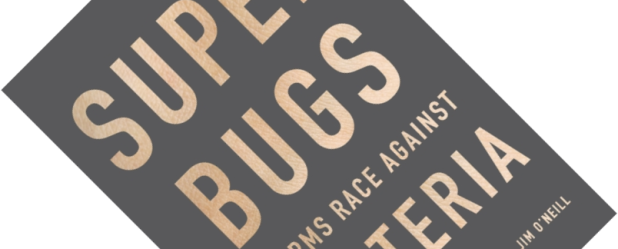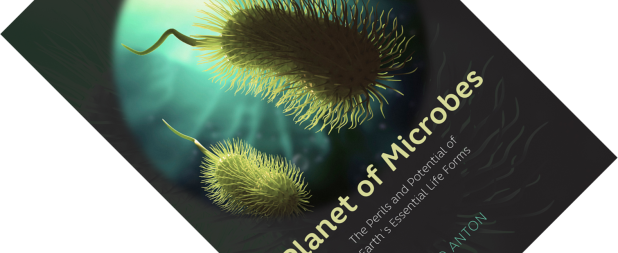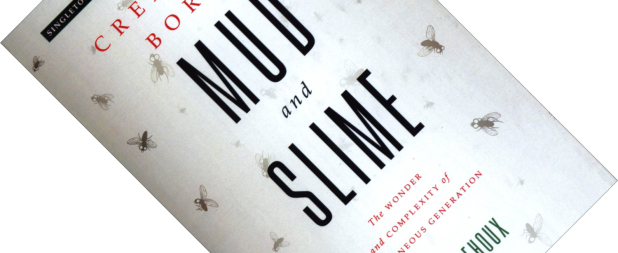Starting your book blurb by asking why gazelles have legs rather than wheels is a suitably out-there question to immediately grab a reader’s attention. A more pertinent question then; why is all life based on carbon rather than silicon? In The Equations of Life, Charles Cockell takes the reader on a giddy tour down the organisational hierarchy of life – from sociobiology to subatomic particles – to show that nature is far more predictable and understandable than it might appear at first blush. His eloquent answer to above and other why questions? “Because physics is life’s silent commander”.
microbiology
Book review – The Enlightened Gene: Biology, Buddhism, and the Convergence That Explains the World
I sometimes wonder whether I am a closet Buddhist. Now, I will be the first to admit that I know next to nothing about Buddhism, but what little I have encountered often strikes a chord with me. The Enlightened Gene shows there might be a good reason for this. This book chronicles a most unlikely project: the Emory-Tibet Science Initiative. On the invitation of the Dalai Lama no less (!), Emory University has developed a science curriculum to be taught to Tibetan monks and nuns in exile in India. Spearheaded by professor Arri Eisen and in close collaboration with monk Geshe Yungdrung Konchok, the aim is to integrate modern science (focusing on physics and life sciences, especially neuroscience) into their monastic curriculum.
Book review – Viruses: Agents of Evolutionary Invention
When I reviewed Planet of Microbes: The Perils and Potential of Earth’s Essential Life Forms, I remarked that microbes are everywhere. If you are willing to stretch the definition of life a bit further still, there is one entity that is even more numerous and omnipresent: the humble virus. We tend to think of viruses almost exclusively in the context of disease (see for example The Invisible Enemy: A Natural History of Viruses). But, as virologist and pharmaceutical researcher Michael Cordingley shows here, they are so much more than mere pathogens and have a huge influence on evolutionary processes in all organisms. This book paints a remarkable portrait of these unusual life forms.
Book review – Superbugs: An Arms Race Against Bacteria
Antibiotics have been saving human lives since the drug Salvarsan was discovered in 1932. Penicillin went into mass-production in 1942. This is not a long time when you think about it, but a world without the protection offered by them already seems unimaginable. Not only have they offered protection from diseases such as tuberculosis, and stopped infections following injury or childbirth, they have also allowed us to develop surgical techniques requiring immune system suppression such as organ transplants. However, careless use of antibiotics has accelerated evolution of drug-resistant bacteria such that we are about to lose their protection.
Book review – Planet of Microbes: The Perils and Potential of Earth’s Essential Life Forms
What unites deep subterranean caves, hydrothermal vents in the deep sea, our guts, cloud formation, geochemical processes, and astrobiology (the search for life beyond our planet) to name but a few things? Microbes. The tiny, single-celled organisms that we cannot see with the naked eye are everywhere. With Planet of Microbes, Ted Anton makes the point that this world is really theirs, and takes the reader on a tour of the rapid increase in our understanding of their importance, focusing on three major subjects.
Book review – Creatures Born of Mud and Slime: The Wonder and Complexity of Spontaneous Generation
Spontaneous generation, the idea that life can arise out of non-living matter, is both alive and dead today. Current science accepts the idea that at some point in the distant past, complex self-replicating molecules arose, which formed the starting point of billions of years of unicellular life. But there is an obsolete side to this theory. For millennia, philosophers and scientists believed that all sorts of creatures could arise spontaneously from the mud and slime this book refers to. In the late 1850s, The French microbiologist Louis Pasteur performed experiments that definitively put the nail in the coffin for this idea.
Quite a few books have been written about the later discussions around this theory and its eventual demise (contemporary examples are John Farley’s The Spontaneous Generation Controversy from Descartes to Oparin or James Strick’s Sparks of Life: Darwinism and the Victorian Debates over Spontaneous Generation). Based on a three-part lecture series, this purposefully short book, which is not intended as a complete history, gives a whistle-stop tour of spontaneous generation from Antiquity to 1769. Are you ready?
Book review – Improbable Destinies: How Predictable is Evolution?
Convergent evolution is a thing of beauty. Whether it is wings in bats, birds and pterosaurs, or eyes in a range of organisms, evolution often seems to come up with functionally similar solutions to life’s challenges. So how predictable is evolution? This is a question that has fascinated generations of biologists and, as Losos quickly makes clear, two famous figures loom large.

